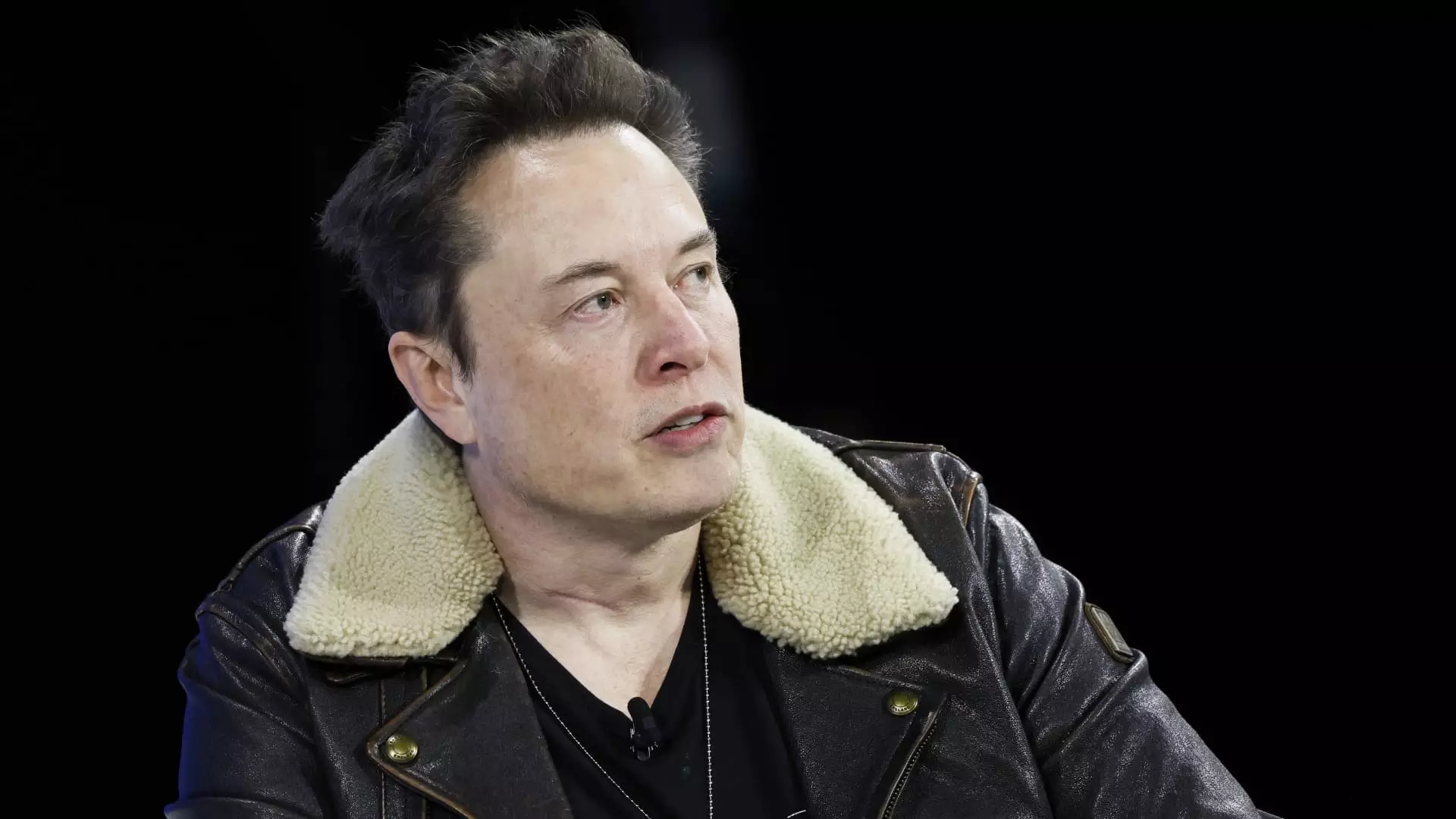In a recent ruling by the Delaware Chancery Court, the $56 billion pay package awarded to Elon Musk, CEO of Tesla, has been voided. The court stated that the company’s board of directors failed to demonstrate the fairness of the compensation plan. This decision has had a negative impact on Tesla’s stock price, as it slid about 3% in after-hours trading. Let us carefully examine the details of this ruling and its implications for both Elon Musk and Tesla.
Tesla’s pay package for Elon Musk, granted back in 2018, was the largest compensation plan ever seen in the public corporate domain. This unprecedented plan made Musk a centi-billionaire and the richest person in the world. It offered him the opportunity to secure 12 tranches of Tesla stock options, contingent upon the company’s market capitalization increasing by $50 billion and the achievement of a specified revenue target.
Judge Kathaleen McCormick of the Delaware Chancery Court questioned whether Musk was overpaid, a claim made by Richard Tornetta, a shareholder in Tesla who filed a lawsuit against the company. The judge found that Tornetta had successfully demonstrated that Musk had significant control over Tesla and that the process leading to the board’s approval of his compensation was deeply flawed.
McCormick’s ruling highlighted the extensive ties between Musk and the individuals responsible for negotiating on behalf of Tesla. This included individuals such as General Counsel Todd Maron, who had a previous association with Musk as his divorce attorney. The judge painted a picture of Musk having complete autonomy over the compensation process, continuously adjusting it to his satisfaction as he saw fit.
The judge firmly asserted that the compensation process arrived at an unfair price for Musk, and thus, the affected shareholder, Richard Tornetta, is entitled to a rescission. Additionally, McCormick ordered both parties to confer on a form of final order to implement this decision. The judge stressed the importance of addressing all issues, including the matter of fees, to bring this case to a conclusion at the trial level.
This ruling raises concerns about the level of control Musk maintains over Tesla, particularly in the setting of his compensation. McCormick emphasized that Musk’s significant equity stake, his influential corporate positions, and his close ties with the directors negotiating on behalf of Tesla made him the epitome of a “Superstar CEO.” The court found that Tesla and Musk’s attorneys were unable to prove that the stockholder vote was fully informed, as the proxy statement inaccurately represented key directors as independent and omitted crucial details about the process.
Elon Musk, in a tweet following the ruling, expressed his dissatisfaction and advised against incorporating companies in the state of Delaware. This reaction reflects his frustration with the outcome and the implications it might have for Tesla going forward. It is worth noting that earlier this month, Musk also sought to increase his voting control over Tesla to 25%, demonstrating his desire for a more prominent influence while still maintaining some degree of accountability.
The voiding of Elon Musk’s $56 billion compensation package by the Delaware Chancery Court has made headlines and impacted both Musk and Tesla. Judge McCormick’s ruling shed light on flaws in the compensation process and highlighted the extensive control Musk had over determining his own pay. This decision raises questions about corporate governance and accountability within Tesla. As Elon Musk continues his ventures in AI and robotics, it remains to be seen how this ruling will shape his future actions and the trajectory of Tesla as a whole.


Leave a Reply